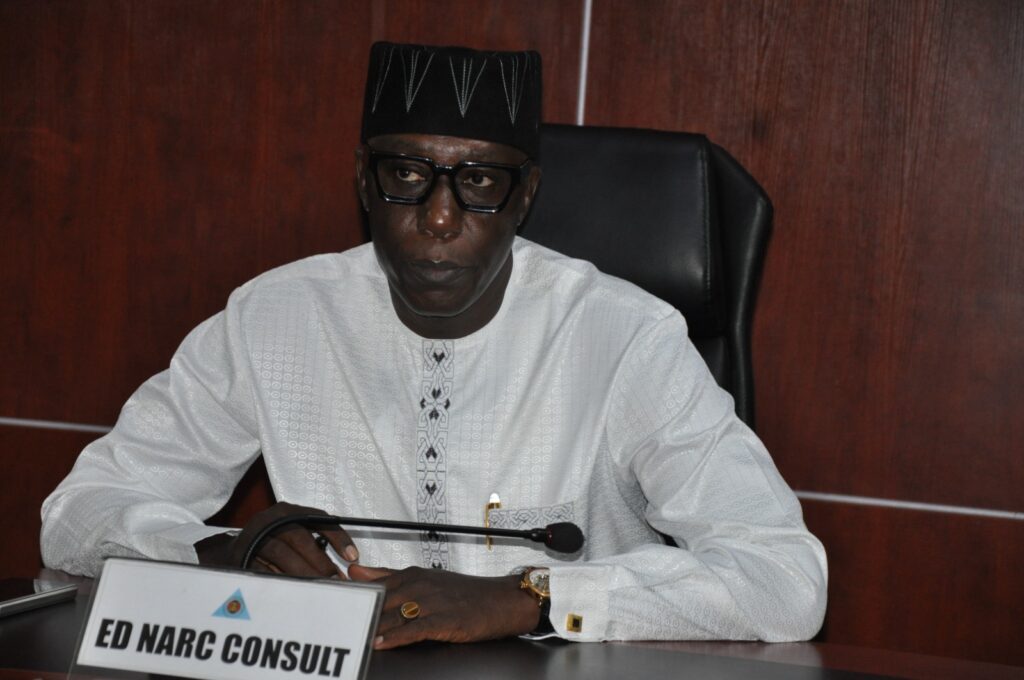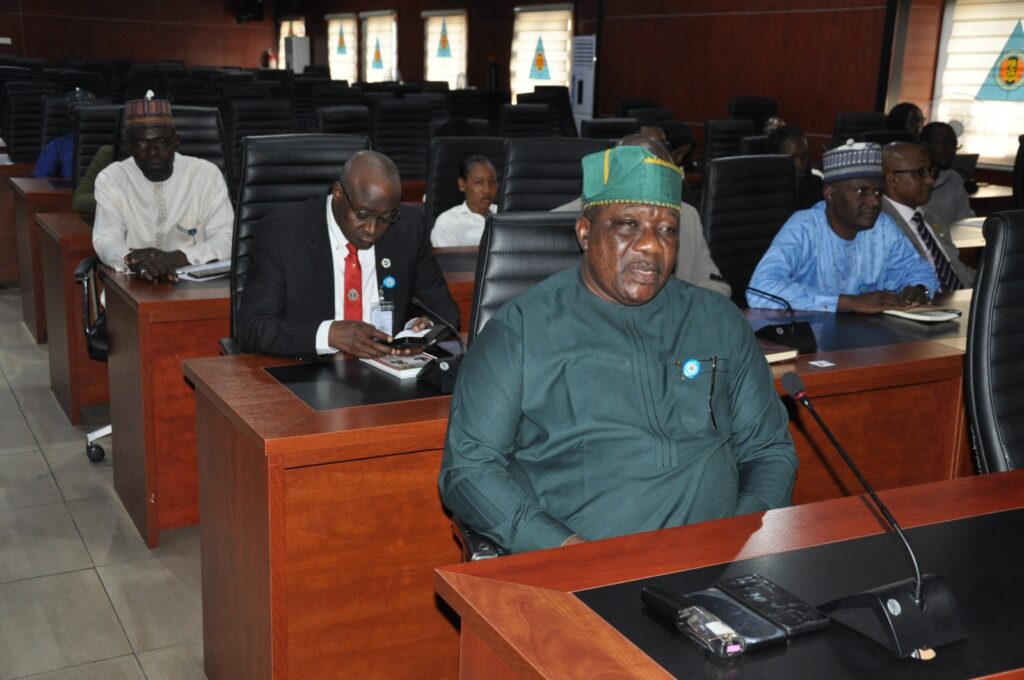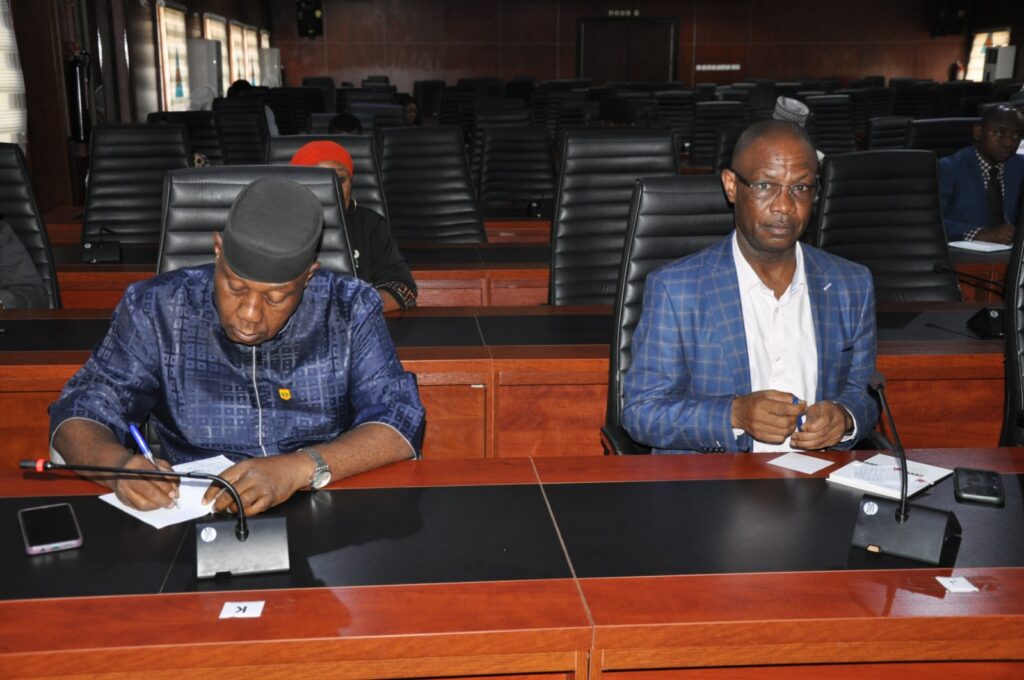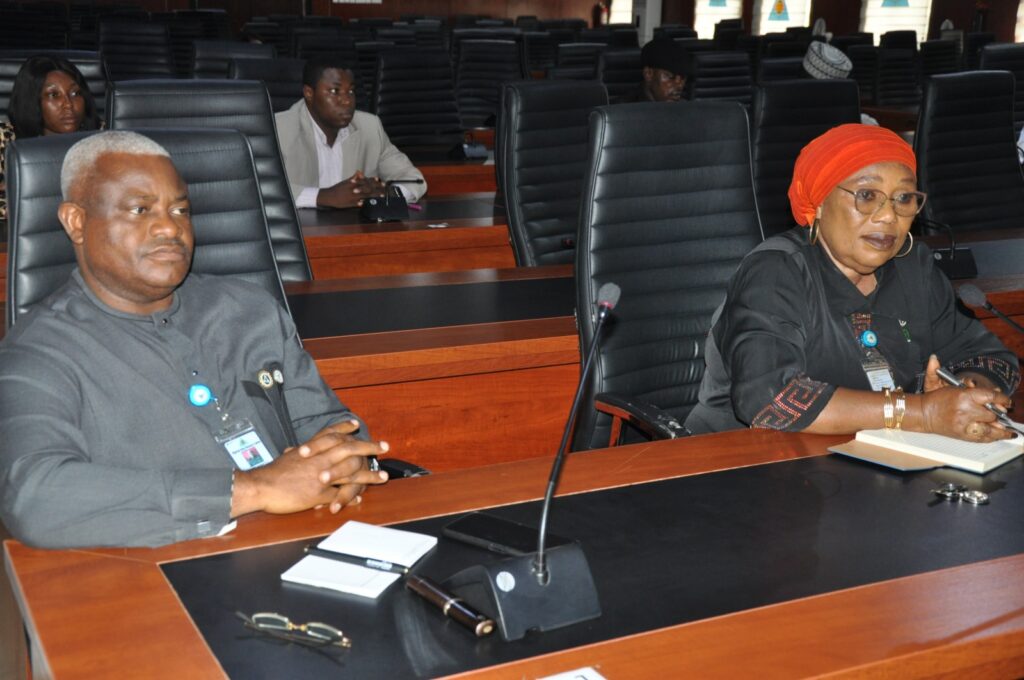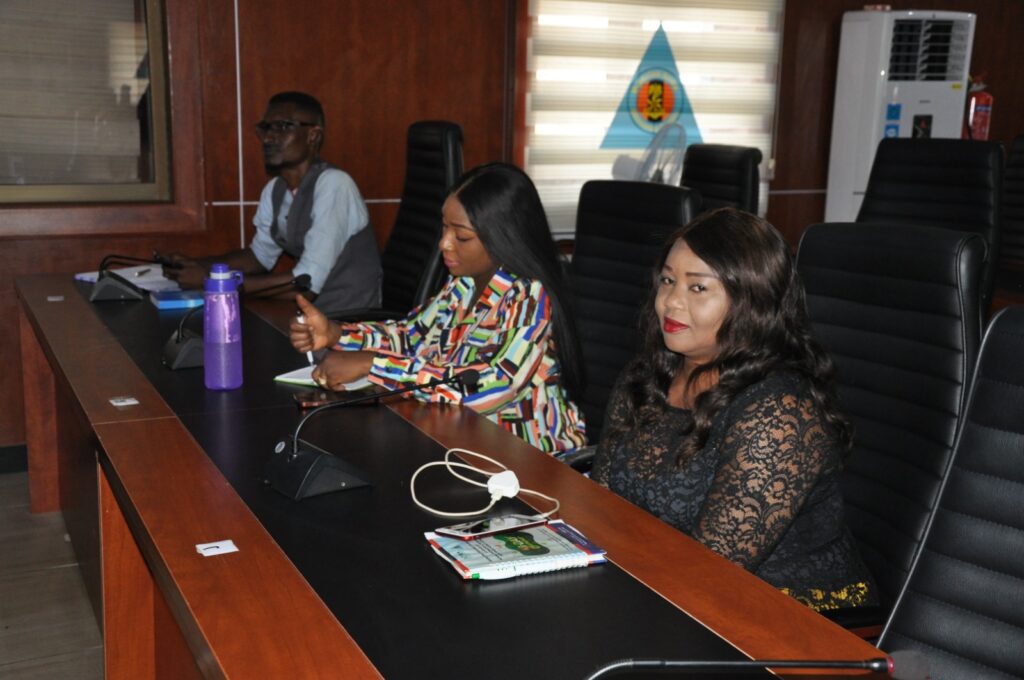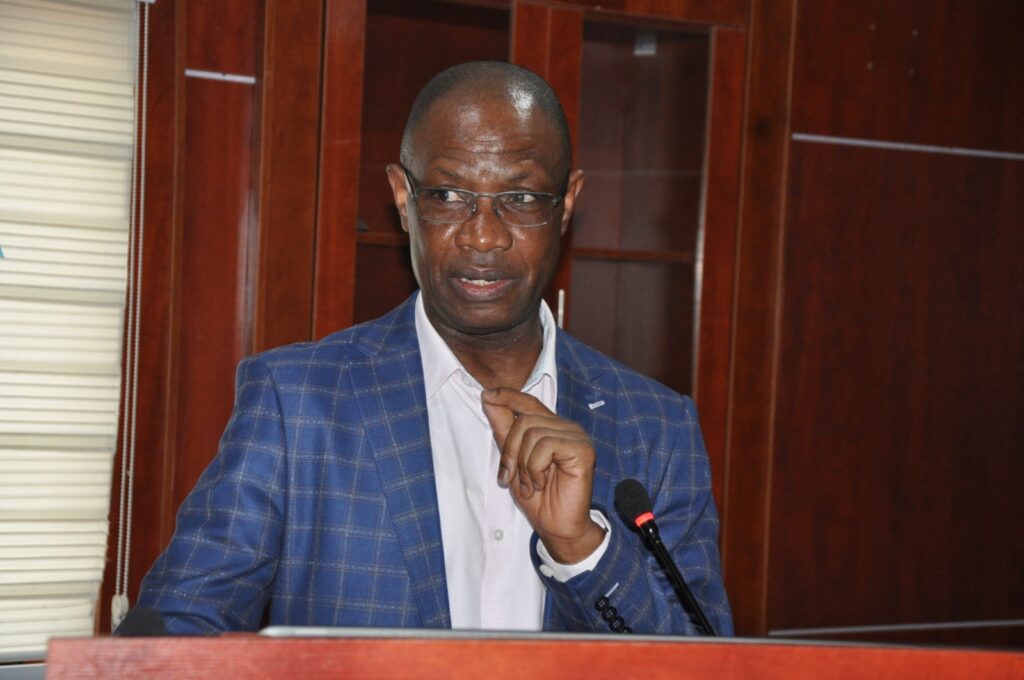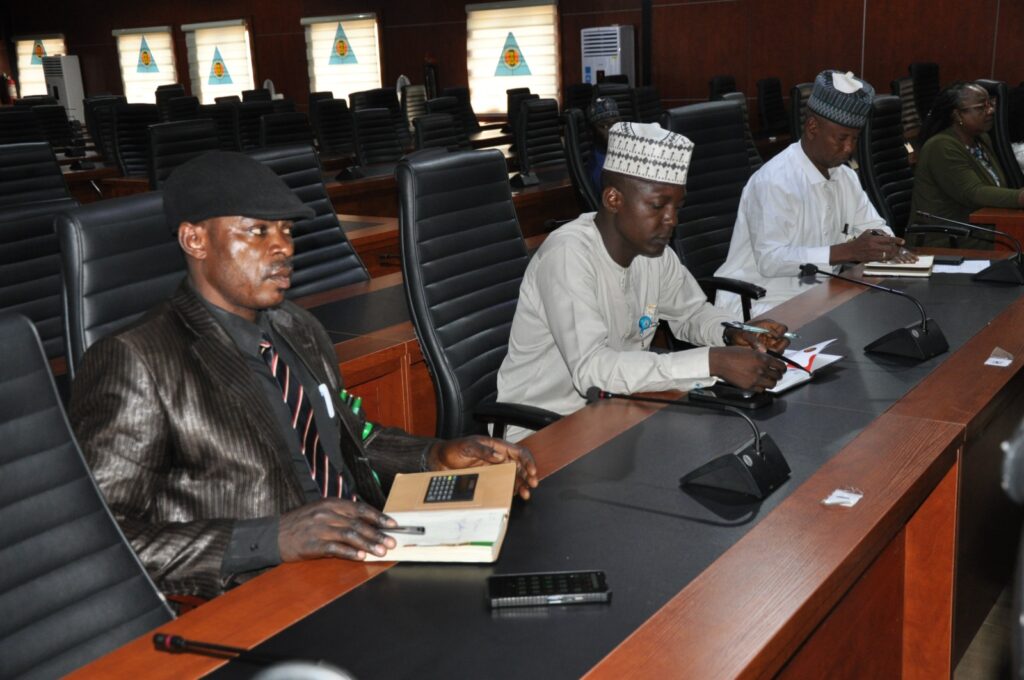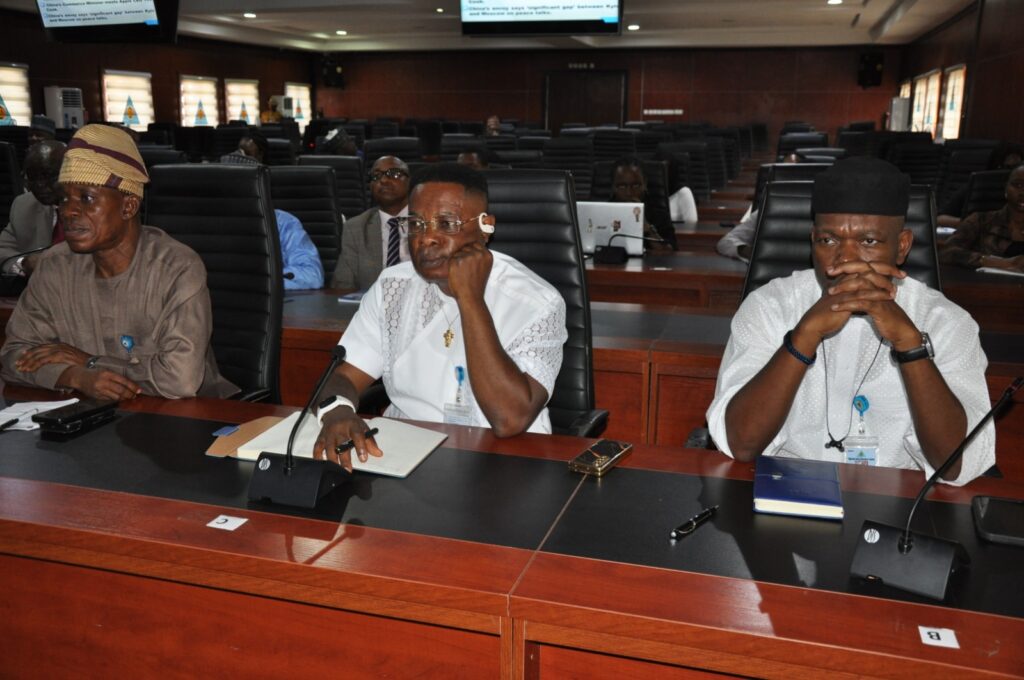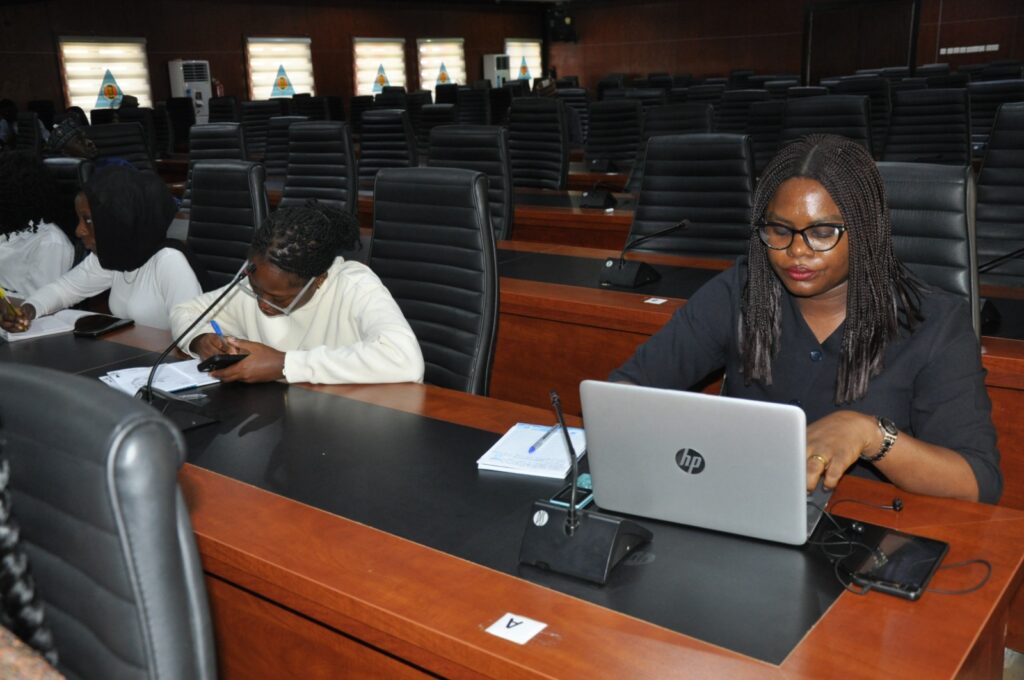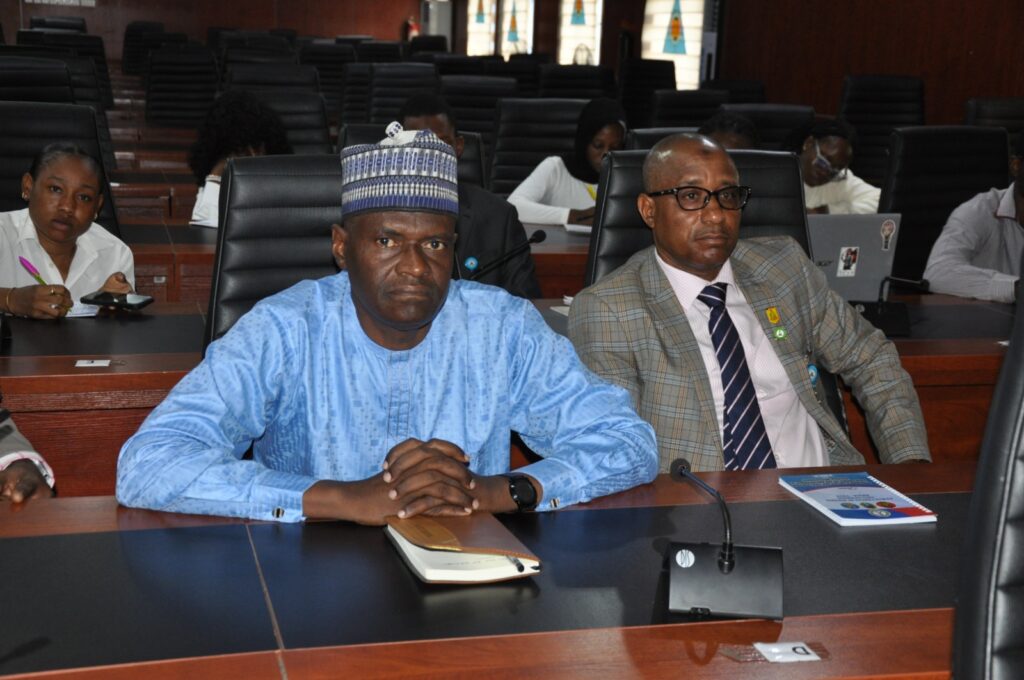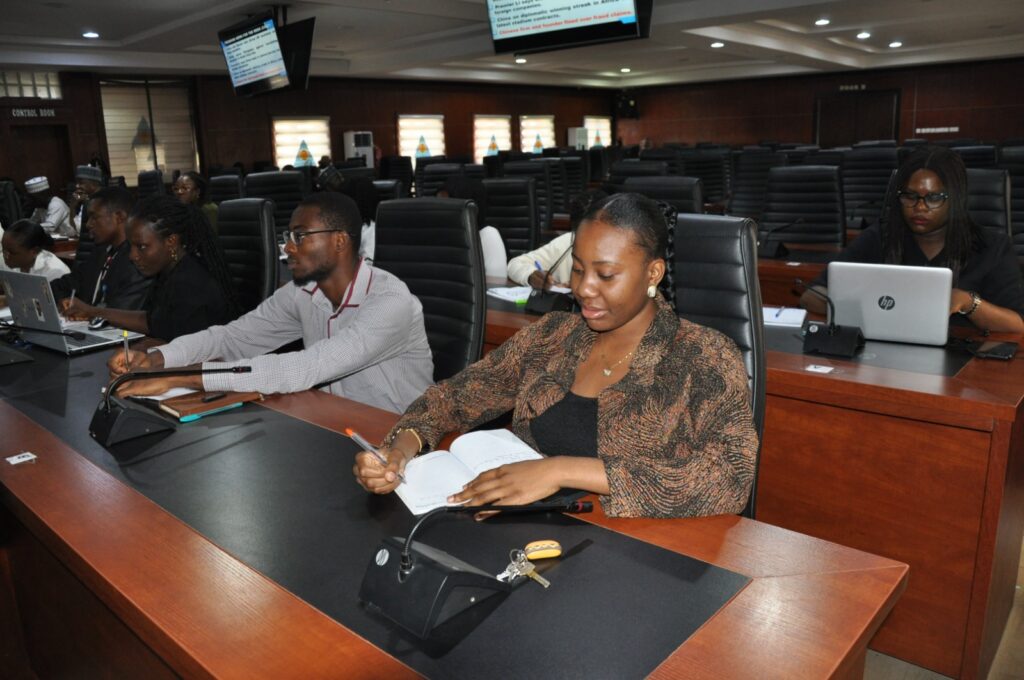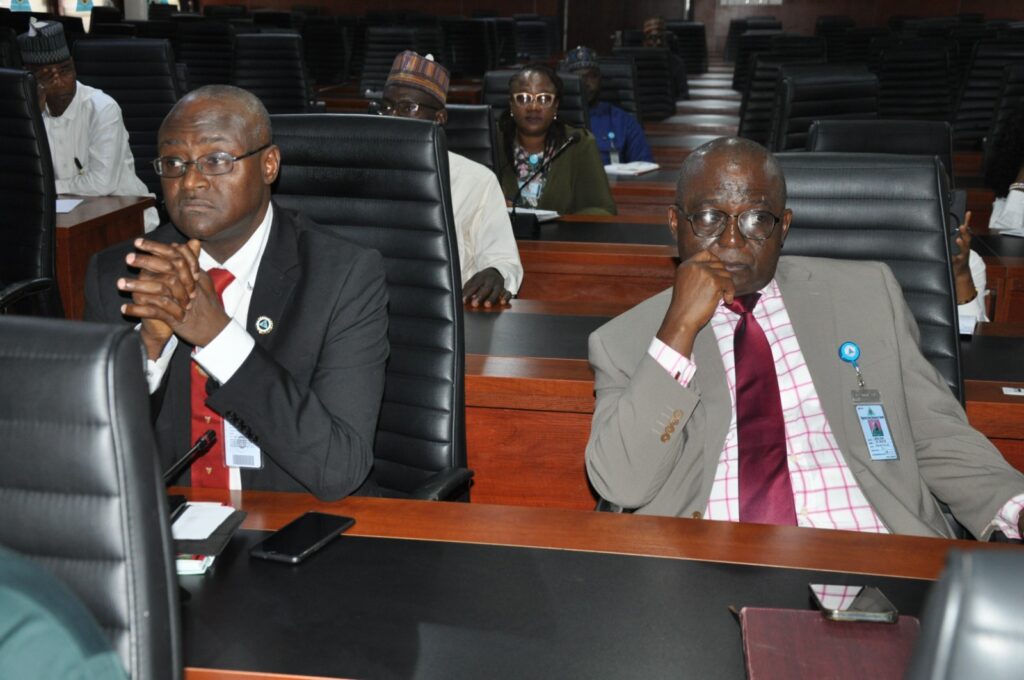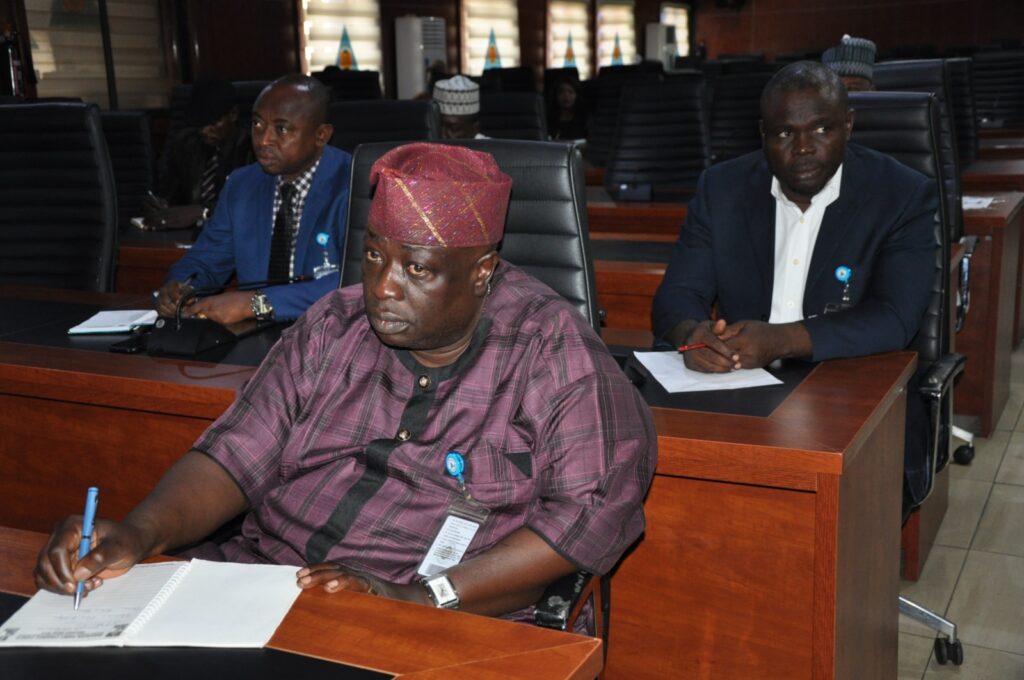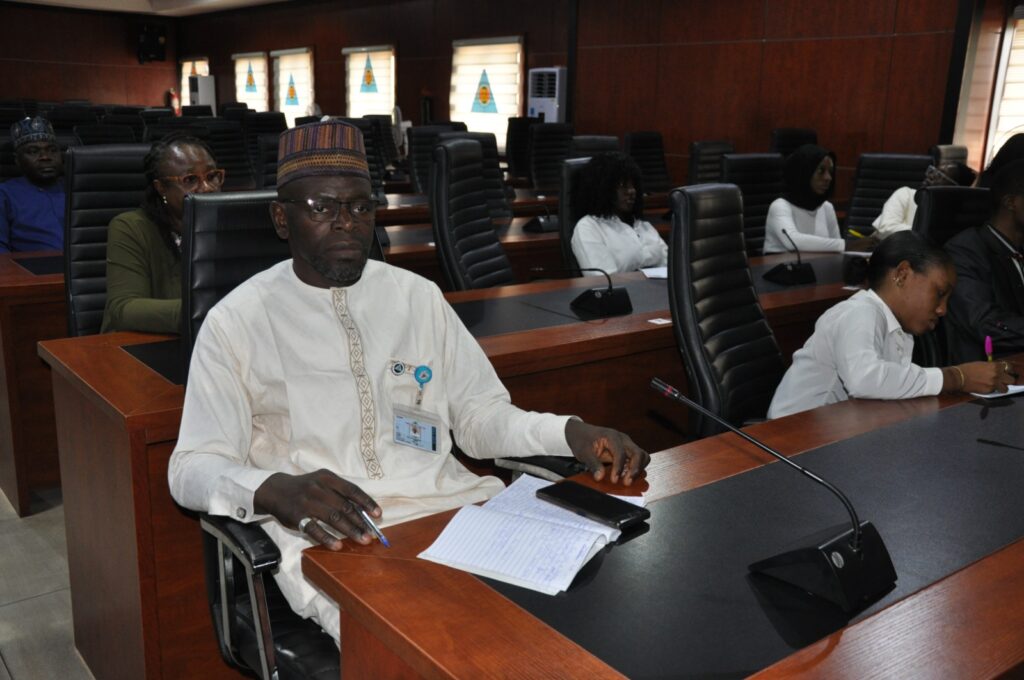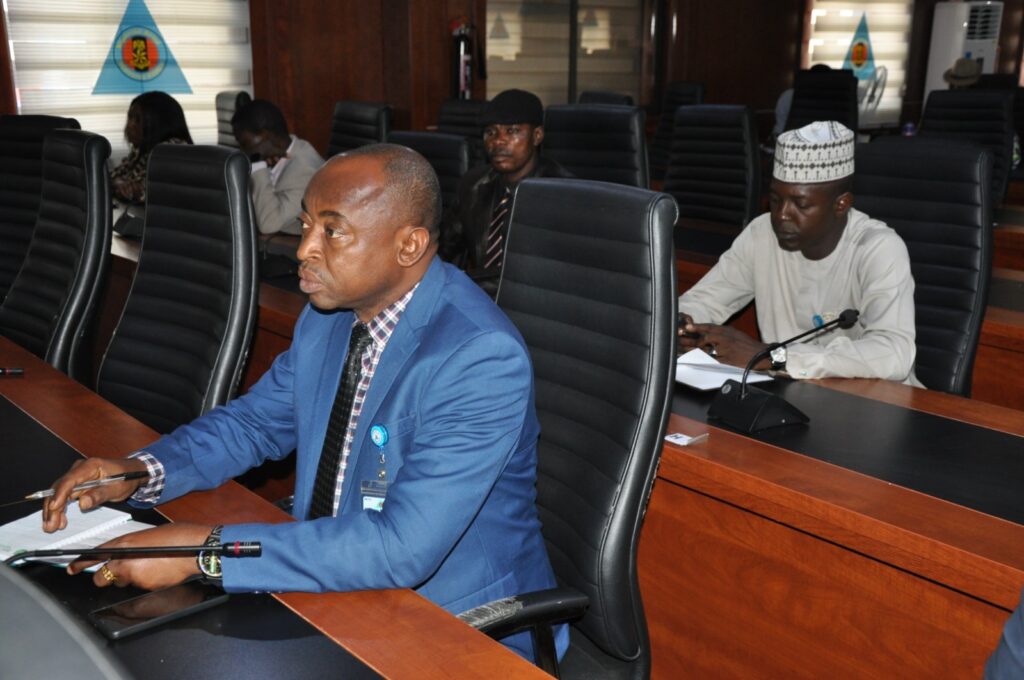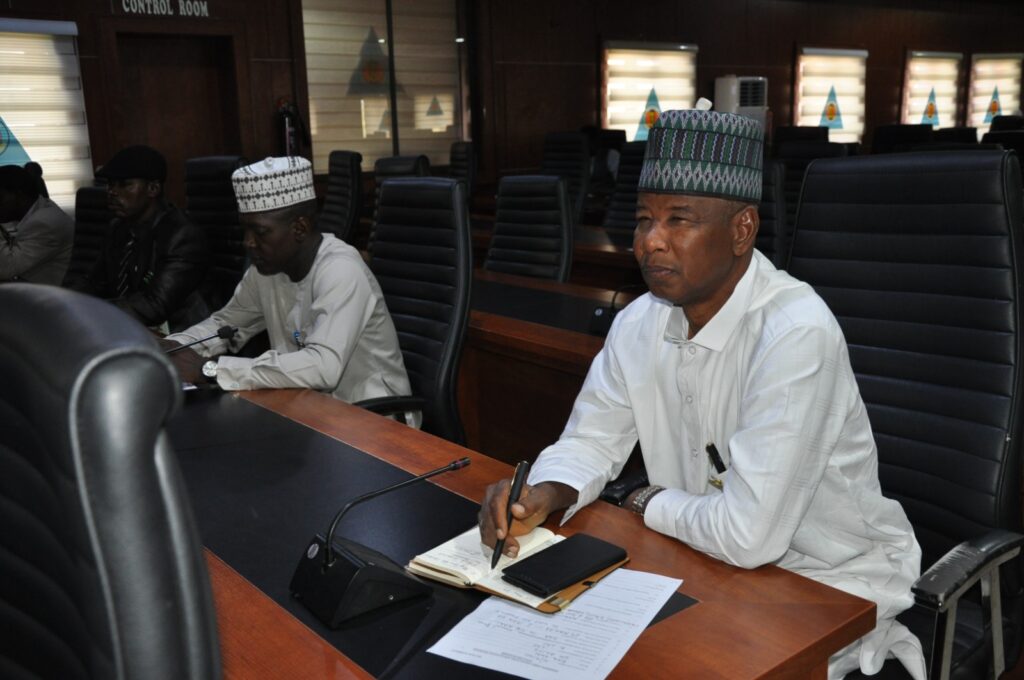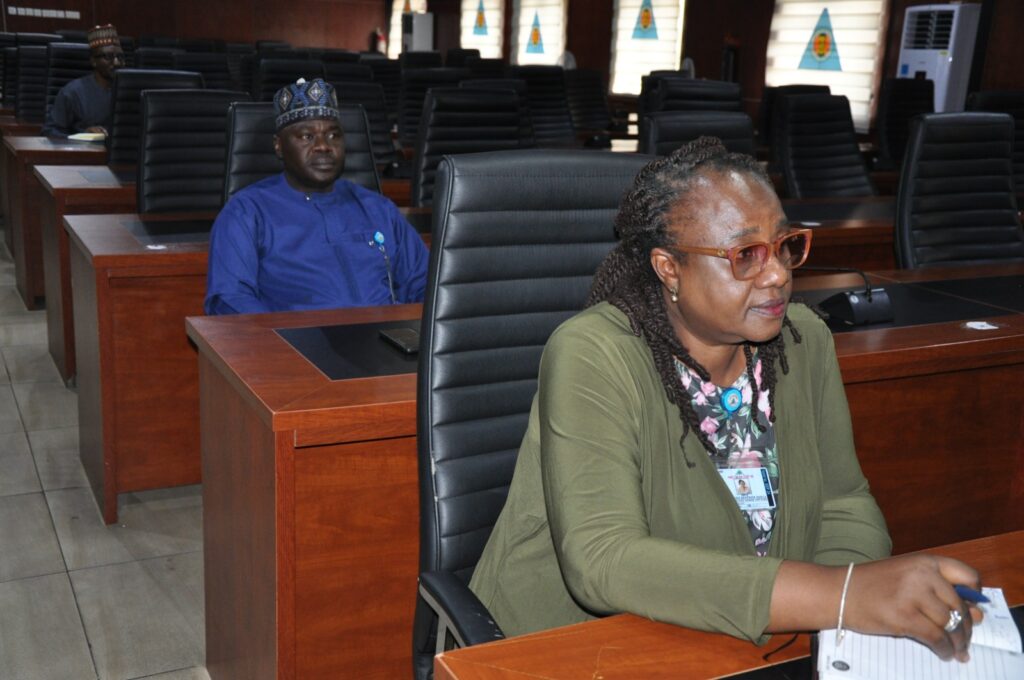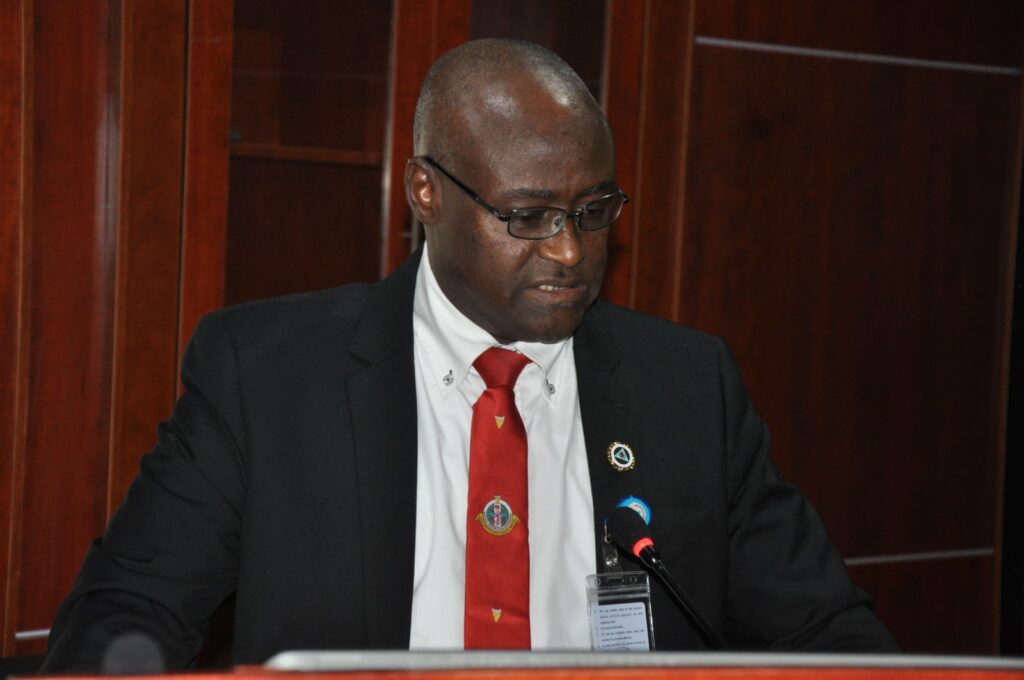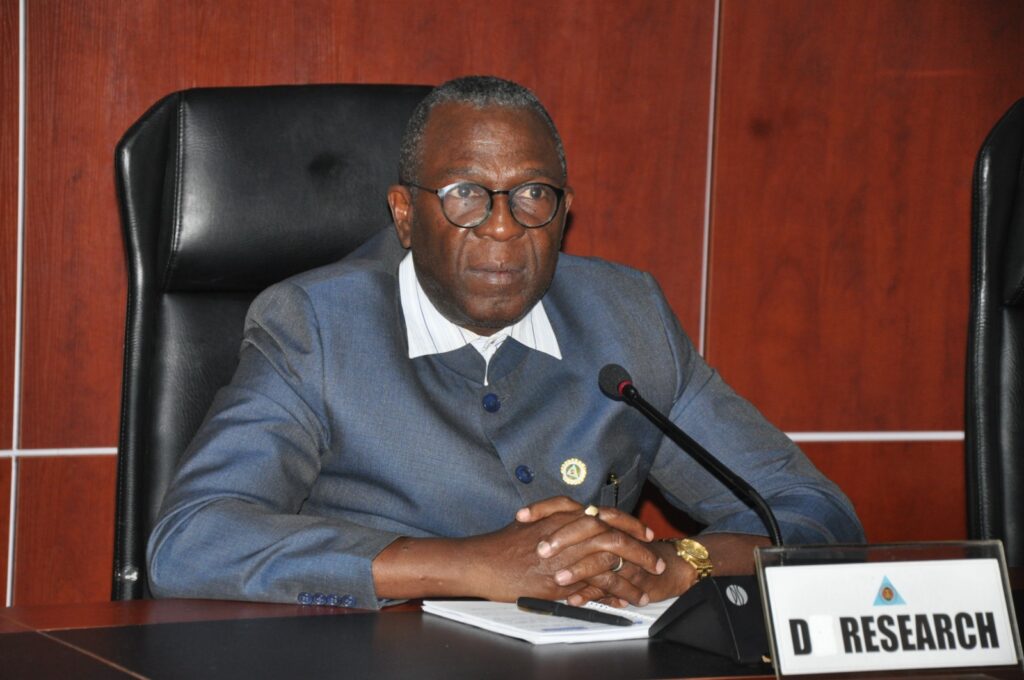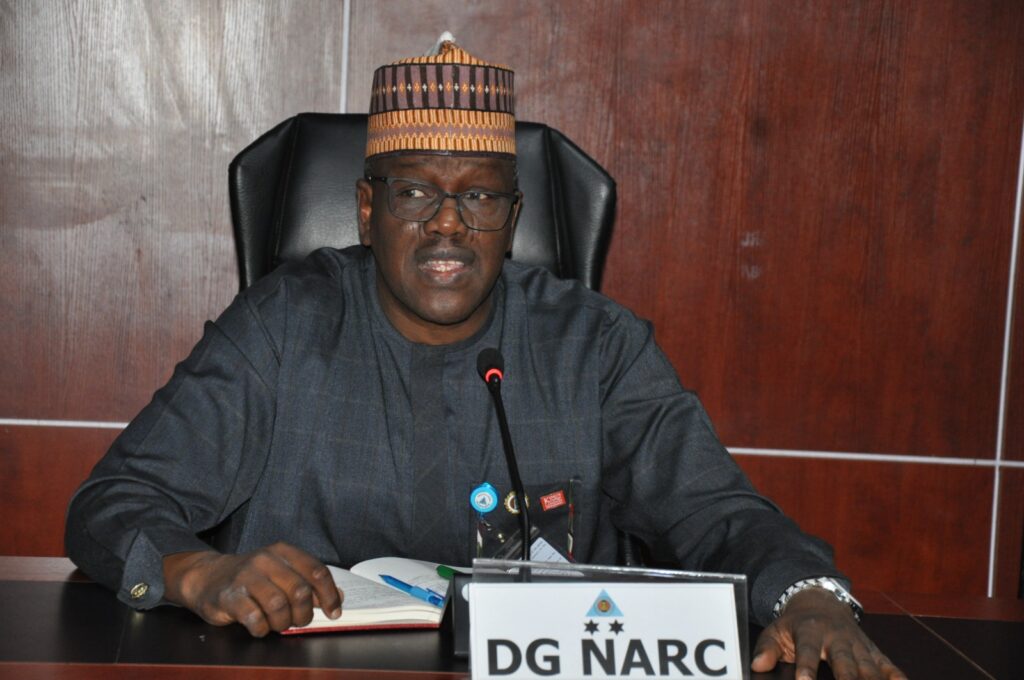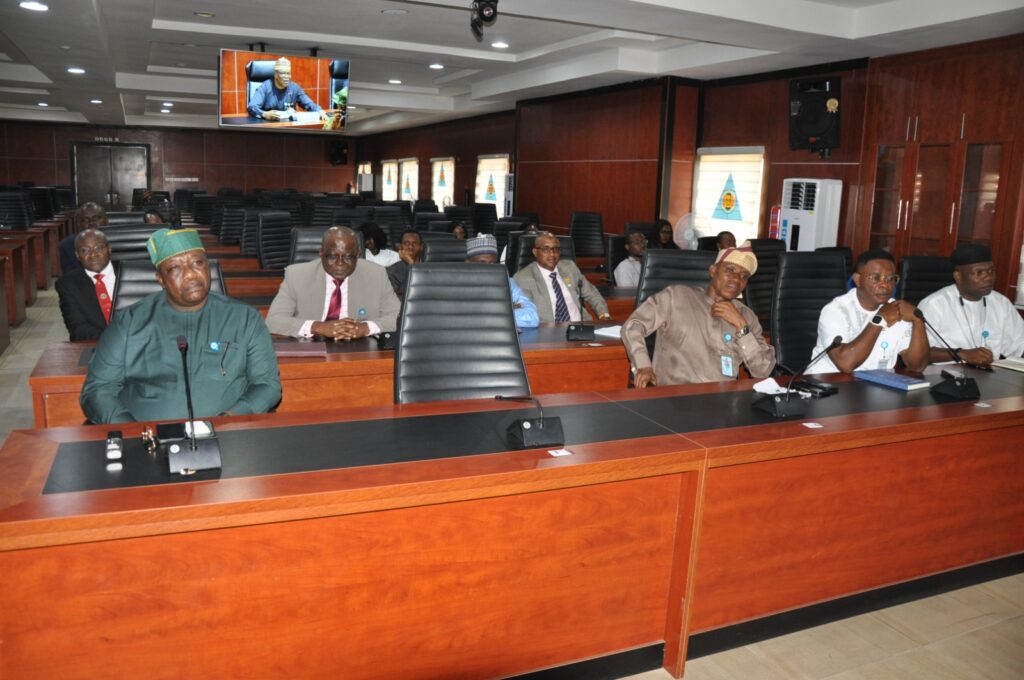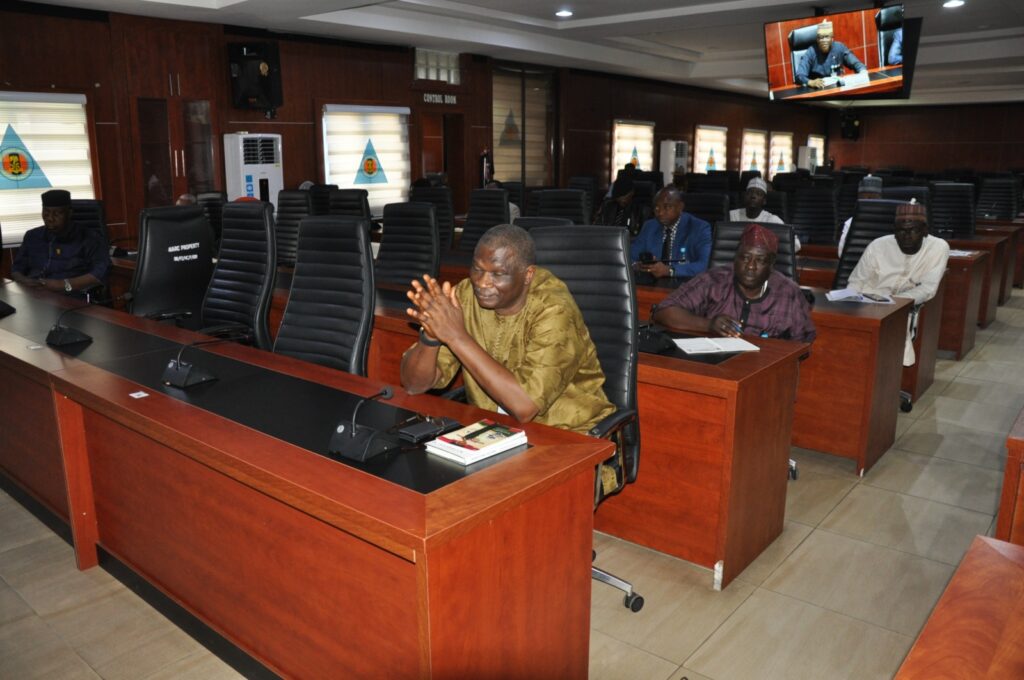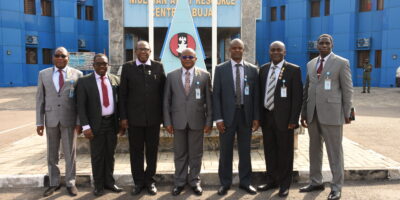Nigerian Army Resource Centre (NARC) Weekly Subject Experts’ Presentation was held at Hall C, TY Buratai Block, Abuja. There were two presentations made by the Subject Experts on Republic of China and South America and the Caribbean.
The first presentation by Maj Gen JA Orokpo (Rtd) subject experts on China, he discussed how Chinese Firm and Founder Fined over Fraud Claims. The Guardian reported on 19 Mar 24 that the troubled Chinese property developer Evergrande and its founder have been fined over allegations that they fraudulently inflated its revenues by $78 billion in the 2 years before it began missing debt repayment deadlines. Beijing’s stock watchdog, China Securities Regulatory Commission (CSRC) fined the company about $580 million for allegedly falsifying its revenue, among other violations, as it conducts a deep clean of the country’s embattled financial sector.
In his analysis and lessons for Nigeria, Maj Gen JA Orokpo (Rtd) noted that, The fraudulent activity of Evergrande Chair led to the liquidation of the company and the CSRC accused the Chair of; Instructing staff to inflate the company’s revenues, fined him $6.5 Million, Banned him from Chinese markets for life and Fined the company $580 million. In a similar move to what the CSRC did to Evergrande and her founder, the Nigerian Securities and Exchange Commission (SEC) recently was said to have fined Binance $10 billion for engaging in illegal transactions.
He recommended that, a life ban on participating in the financial market for individual and entities complicit in financial frauds. Individuals and entities culpable of financing terrorism to face maximum sentence as prescribed by the statutes. Deploy all diplomatic and legal means to bring Nadeem to justice.
The second presentation by Brig Gen SA Gumel Subject experts on South America and the Caribbean, focused his presentation on how the Caribbean Court of Justice Integrates Signs Language Interpretation into Judgment Delivery. On 18 Mar 24, Dominica News Online reported that, for the first time, the Caribbean Court of Justice (CCJ) will integrate a sign language interpreter into its judgment delivery processes. This idea was tailored towards the realization of the mission of the CCJ, which is to provide accessible, fair, and efficient justice to the people and states of the Caribbean Community. Access to justice is a fundamental principle of the rule of law. Therefore, in the context of persons with disabilities, access to justice requires that the judiciary, takes necessary steps to provide; fair, transparent, inclusive, effective, non-discriminatory and accountable services for court users and employees alike.
In his analysis and lessons for Nigeria, Brig Gen SA Gumel noted that, according to the United Nations survey reports of November 2023 on disability, about 25.5 million Nigerians are living with disabilities out of which 9.5 million are deaf who deserve decent living conditions and fair hearing particularly in court delivery proceedings. Since Nigeria gain her independence in October 1960 till date, the barriers to achieving rights of deaf persons in Nigeria is being reduced. There is still a long way to go to actualize the vision of a society where social justice, equity and fairness to all exists. For equity, fairness, justice, and inclusivity in the judicial processes of Nigeria, it is important that the Supreme Court integrates sign interpretation into judgment delivery processes. Furthermore, deaf and hard of hearing persons, like all other persons with disabilities, have been adequately provided for under the United Nations Convention on the Rights of Persons with Disabilities. This recognizes that “persons with disabilities include those who have long-term physical, mental, intellectual or sensory impairments which in interaction with various barriers may hinder their full and effective participation in society on an equal basis with others’’.
He recommended that, the Federal Government of Nigeria should initiate mandatory training programs for judges and court personnel on sign language interpretation to ensure they are equipped with the necessary skills to integrate sign language in judgment delivery processes. Create dedicated sign language interpretation units within the courts to provide real-time interpretation services during court proceedings and judgment delivery for individuals who are deaf or hard of hearing. Collaborate with deaf community organizations and advocacy groups to develop guidelines and standards for sign language interpretation in the judicial system, ensuring that the needs and preferences of the deaf community are adequately addressed.
